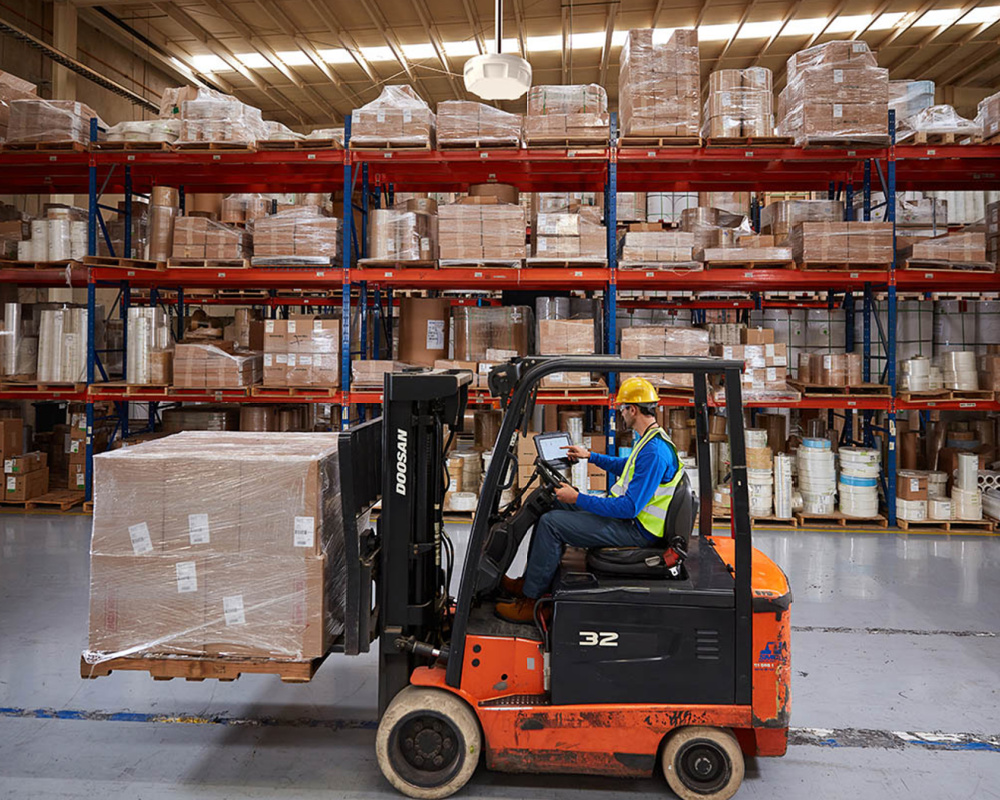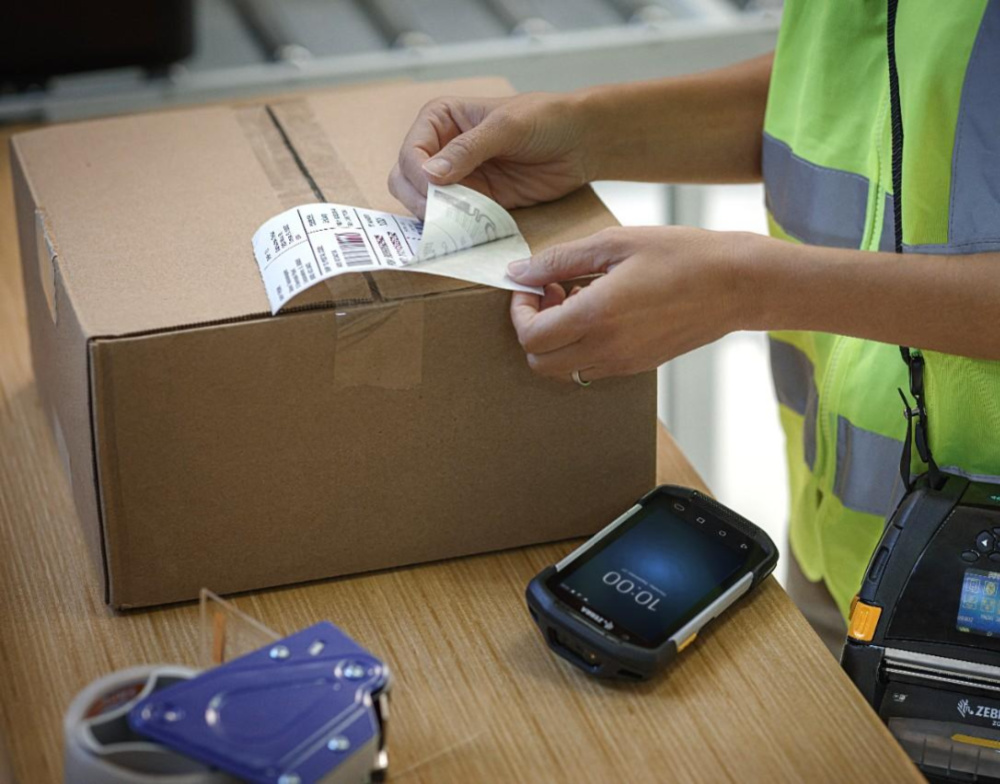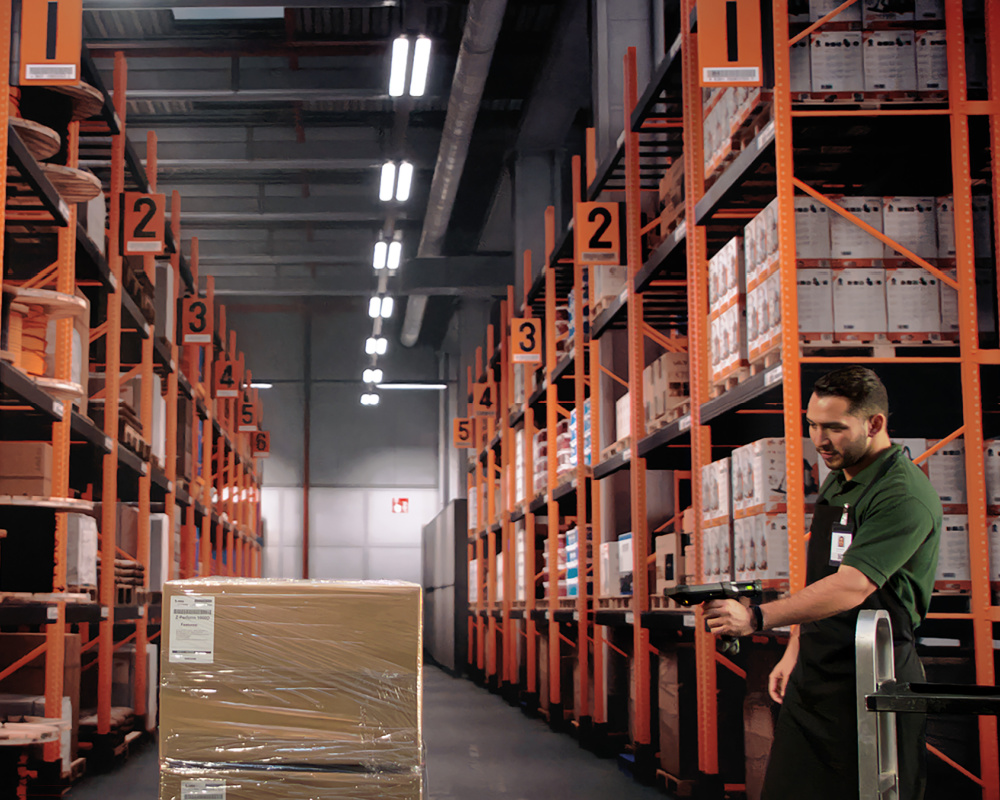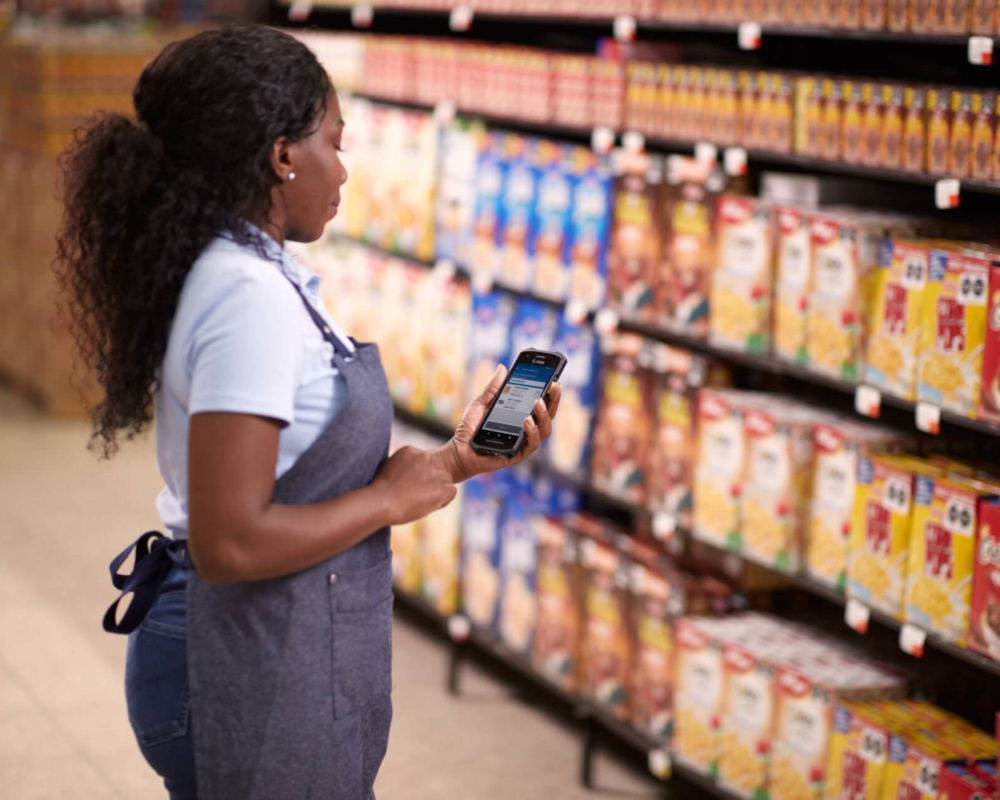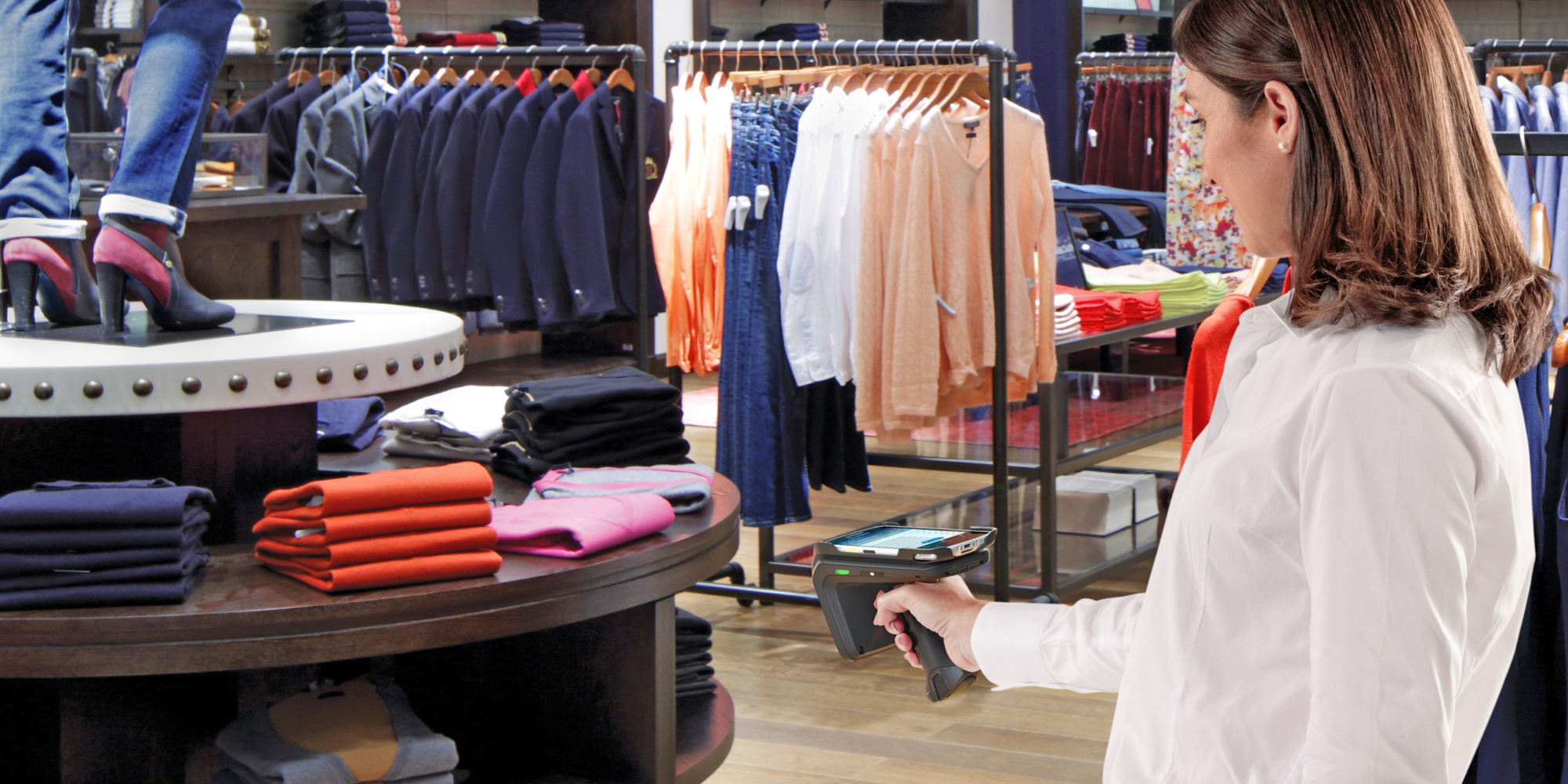
In the dynamic world of retail, where precision and speed are paramount, Radio-Frequency Identification (RFID) technology has emerged as a transformative force, reshaping how businesses manage their inventory. This article takes a deep dive into the profound impact, multifaceted benefits, and compelling use cases of RFID in revolutionizing inventory management within the retail industry.
The Impact of RFID on Retail Inventory Management
-
Unprecedented Accuracy and Efficiency: Traditional inventory systems grapple with inaccuracies, leading to stockouts or excess stock. RFID provides real-time visibility into inventory levels with unparalleled accuracy. Each product is equipped with a unique RFID label, enabling swift and precise tracking throughout the supply chain. This level of accuracy minimizes errors and ensures that businesses operate with a clear understanding of their stock positions.
-
Accelerated Operations: RFID readers have the ability to scan multiple items simultaneously, eliminating the need for time-consuming manual barcode scanning. This not only expedites the check-in and check-out processes but also boosts overall operational speed. Retailers can manage larger inventories more efficiently, significantly reducing the time and resources required for routine tasks.
-
Heightened Stock Visibility: RFID technology offers a granular view of stock movement. Retailers can monitor the movement of items in real-time, from the warehouse to the store floor. This heightened visibility allows for better decision-making, enabling businesses to respond promptly to demand fluctuations and prevent stockouts. It also facilitates efficient stock rotation, ensuring that products with expiration dates are managed optimally.
Benefits of RFID in Retail
-
Reducing Shrinkage and Losses: Loss prevention is a perpetual concern in retail. RFID mitigates losses by providing robust anti-theft solutions. RFID tags trigger alarms when unauthorized movements are detected, allowing retailers to take swift action to prevent theft and secure their merchandise. This not only protects the retailer’s bottom line but also contributes to a safer shopping environment.
-
Optimizing Replenishment: RFID’s real-time tracking capabilities facilitate automatic replenishment. When stock levels reach predefined thresholds, RFID systems trigger orders for restocking. This proactive approach ensures that products are consistently available on the shelves, meeting customer demand without excess inventory. The result is a streamlined supply chain that operates with efficiency and agility.
-
Elevating Customer Experience: RFID’s impact extends beyond the logistics realm to enhance the customer experience. Smart mirrors, equipped with RFID technology, provide customers with real-time information about products. Smart shelves offer interactive displays, enabling customers to access product details and reviews. This tech-savvy shopping environment not only engages customers but also positions the retailer as forward-thinking and customer-centric.
Use Cases: How Retailers are Harnessing RFID
The Future of Retail with RFID
Overcoming Challenges: Implementation Strategies and Considerations
Is your Retail Store Ready for an RFID Deployment?
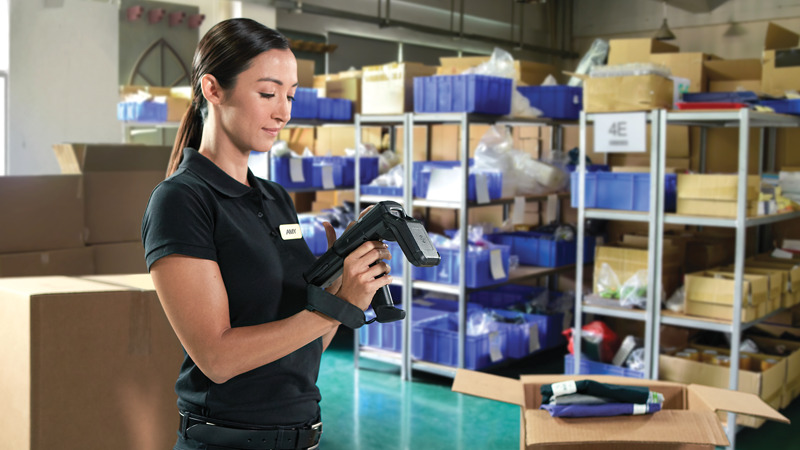
Explore The Power of RFID Technology
Radio Frequency Identification (RFID) is the wireless non-contact use of radio frequency waves to transfer data using tags, readers, and antennas, in an effort to automatically and uniquely identify and track inventory and assets. RFID takes auto-ID technology to the next level by allowing tags to be read without a line of sight and, depending on the type of RFID, having a read range between a few centimeters to over 20+ meters.
We’re Here to Help
Contact us to Start the Modernization Process
Looking for more information about a specific technology solution? Feel free to ask us about pricing, data sheets, and demos, or schedule a free in-person/online consultation for strategic guidance from one of our experts.
Fill out the inquiry form or contact us to start the process.
Benefits of RFID in Retail Benefits of RFID in Retail RFID Solutions for Retail RFID Solutions for Retail RFID Solutions for Retail RFID Solutions for Retail

